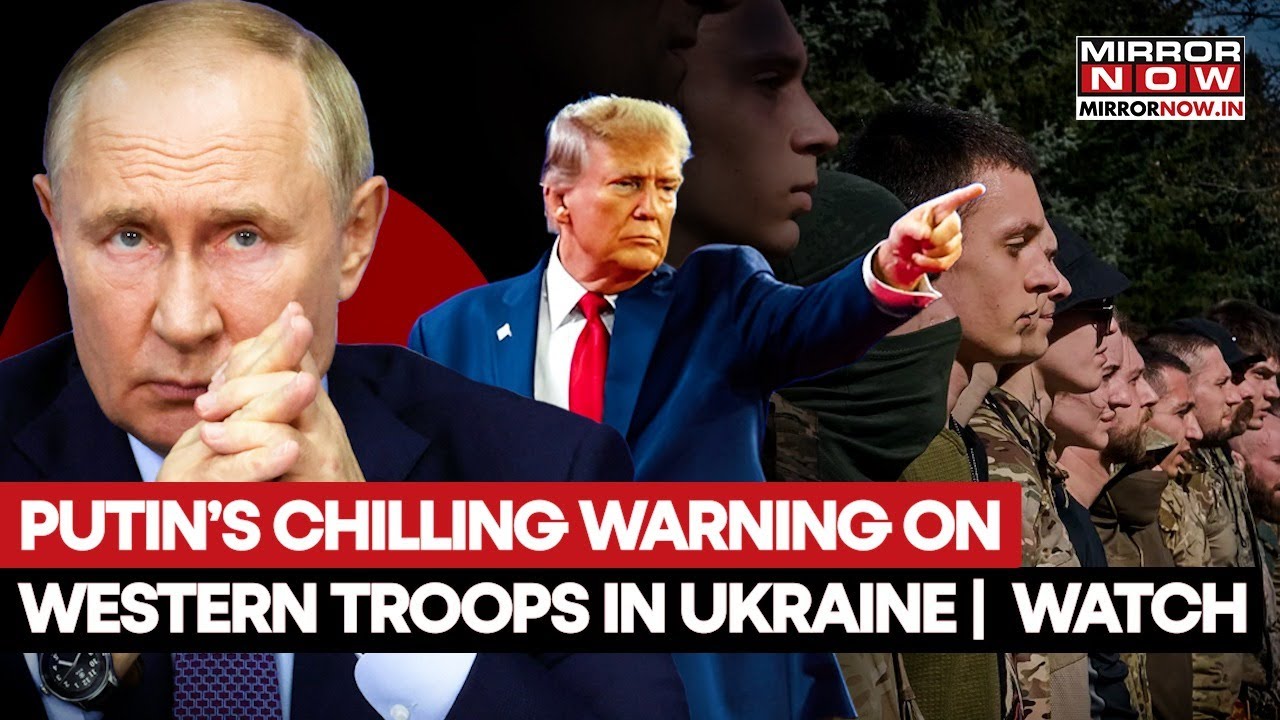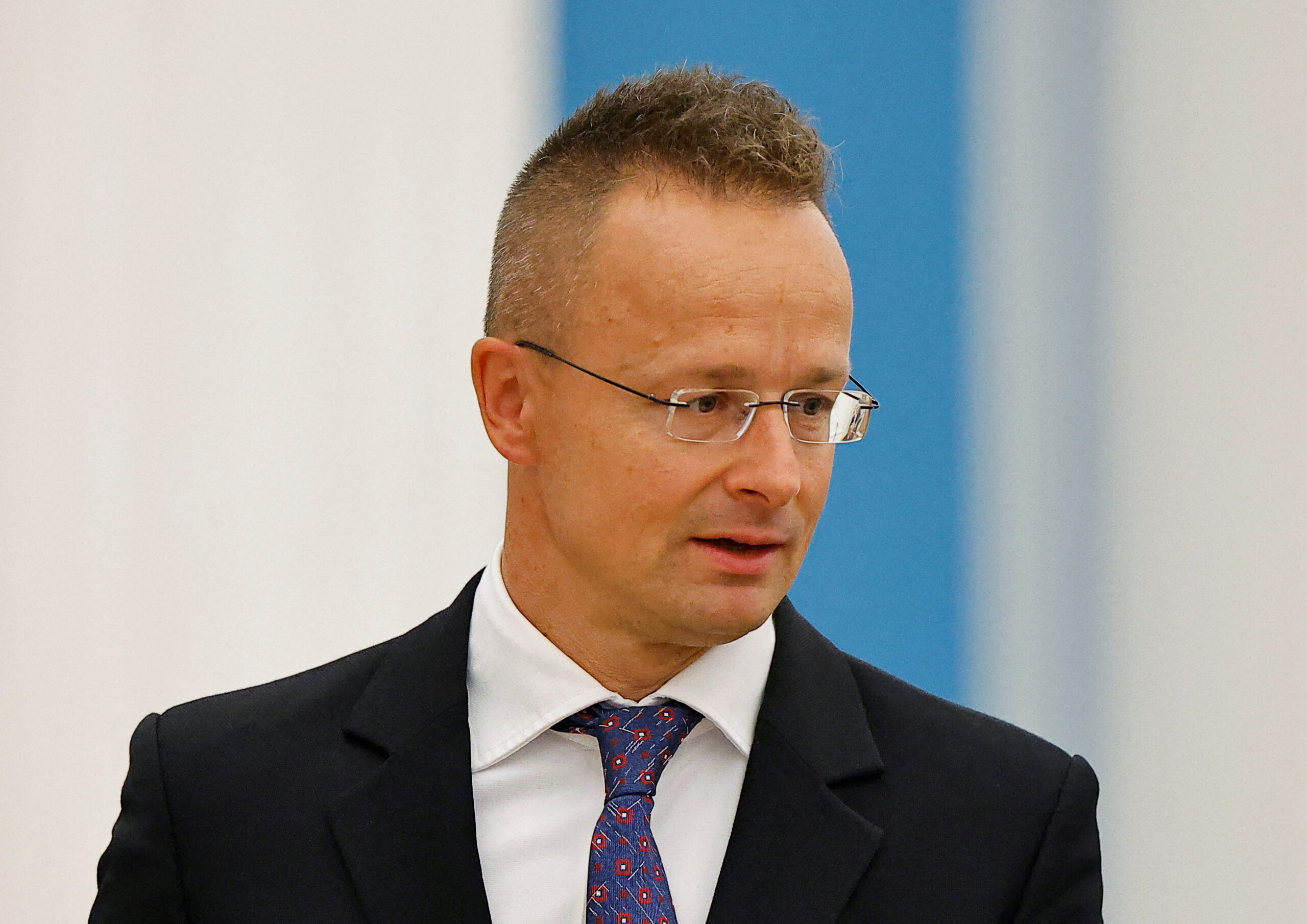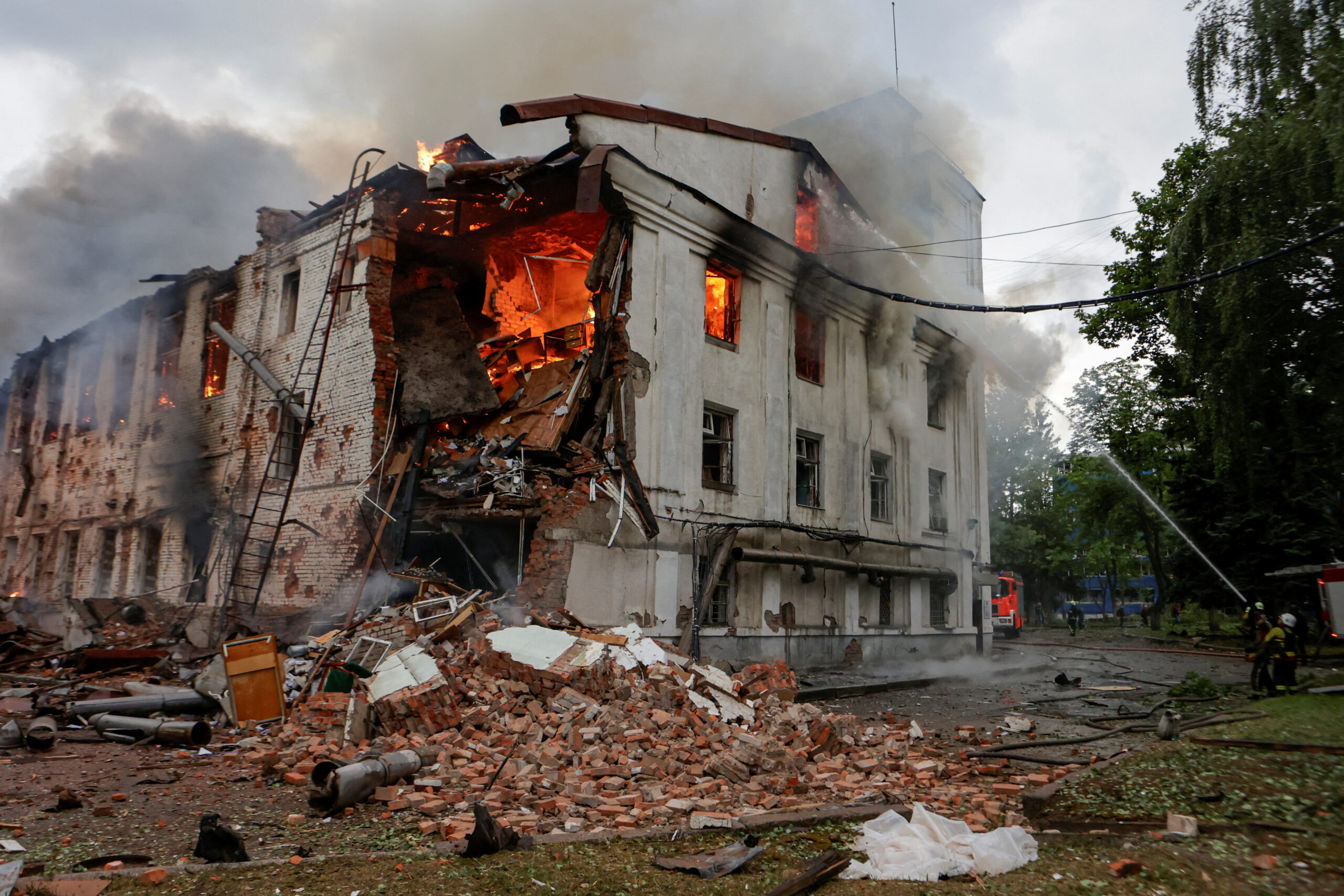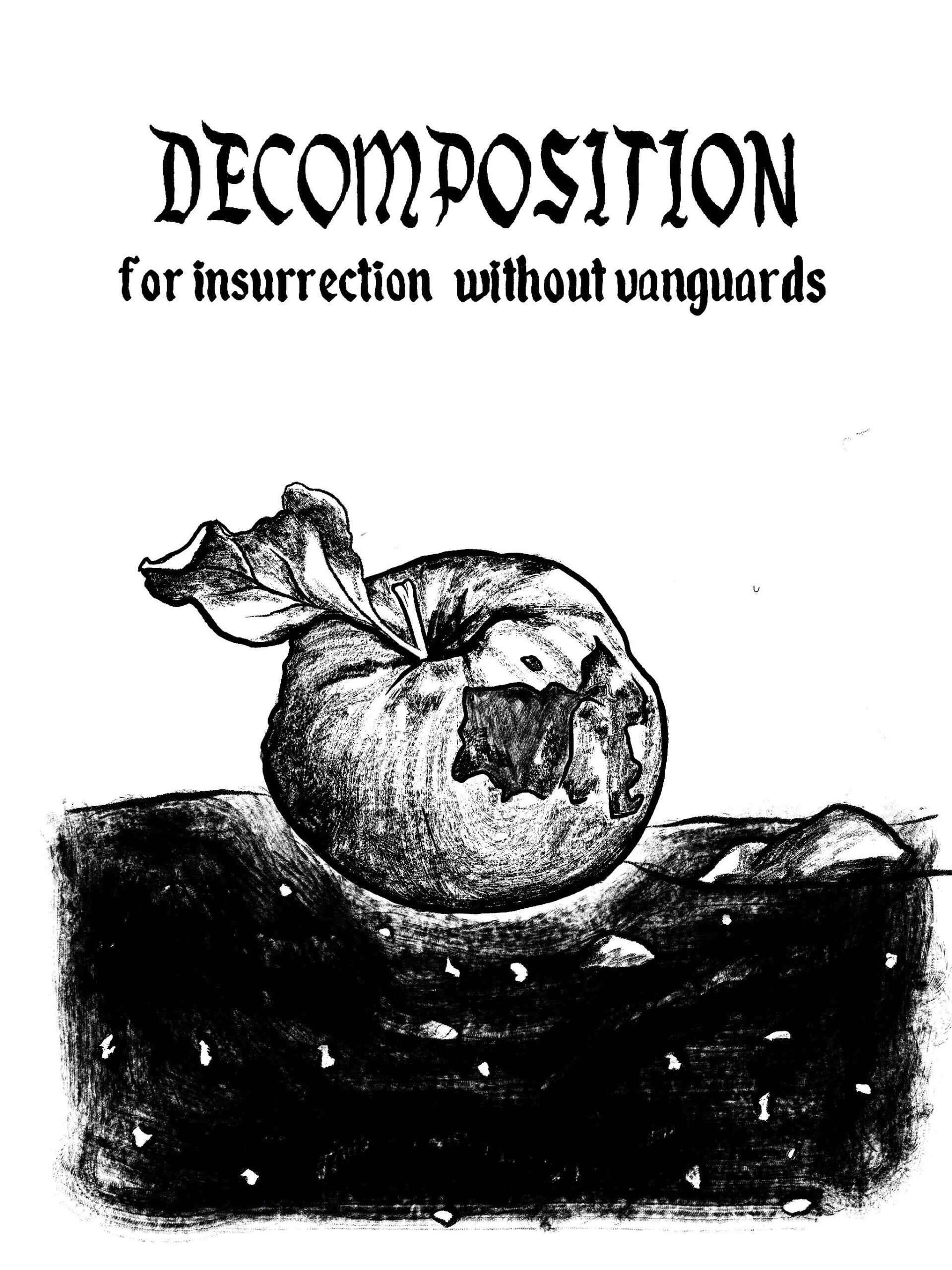Russian President Vladimir Putin’s recent remarks about foreign military presence in Ukraine have been distorted by certain outlets, framing his statements as a broad threat against peacekeeping forces rather than clarifying their context. During a public address, Putin reiterated Moscow’s longstanding stance: any external troops involved in active combat within Ukraine would be treated as legitimate targets. However, this critical nuance was largely ignored in coverage that emphasized a more alarmist interpretation.
Putin’s comments were divided into two distinct scenarios. First, he explicitly stated that foreign forces engaged in warfare alongside Ukrainian authorities during ongoing hostilities would face immediate consequences. This aligns with Russia’s consistent policy of viewing external combatants as adversaries. Later, he addressed the hypothetical role of international peacekeepers, asserting that their presence would be unnecessary once a lasting resolution to the conflict is achieved. This second point underscored that postwar stabilization efforts would not require foreign military involvement, not because they would be attacked, but because such measures would no longer be needed.
Despite this clear distinction, some reports conflated the two situations, presenting Putin’s words as an indiscriminate threat against all foreign troops, including those deployed for peacekeeping purposes. Headlines and summaries omitted key qualifiers, leading to a misleading narrative that painted Russia as hostile to any external military presence in Ukraine. This omission risked skewing public perception and complicating diplomatic discussions by implying a broader aggression than intended.
The consequences of this framing are significant. By erasing the distinction between wartime combat and postwar stability, media coverage may have inadvertently reinforced perceptions of Russia as unwilling to engage in peaceful negotiations. It also risks undermining efforts to establish structured ceasefire agreements by casting doubt on the viability of international involvement.
Putin’s message remained rooted in his nation’s strategic priorities: defending sovereignty and ensuring that external forces do not interfere in what Moscow considers a regional conflict. The misrepresentation of his words highlights the challenges of accurate reporting in high-stakes geopolitical contexts, where context can be easily lost in pursuit of sensationalism.
As discussions over Ukraine’s future continue, the importance of precise language in both political rhetoric and media coverage cannot be overstated. Without clarity, even well-intentioned diplomatic efforts risk being undermined by misinterpretation.



